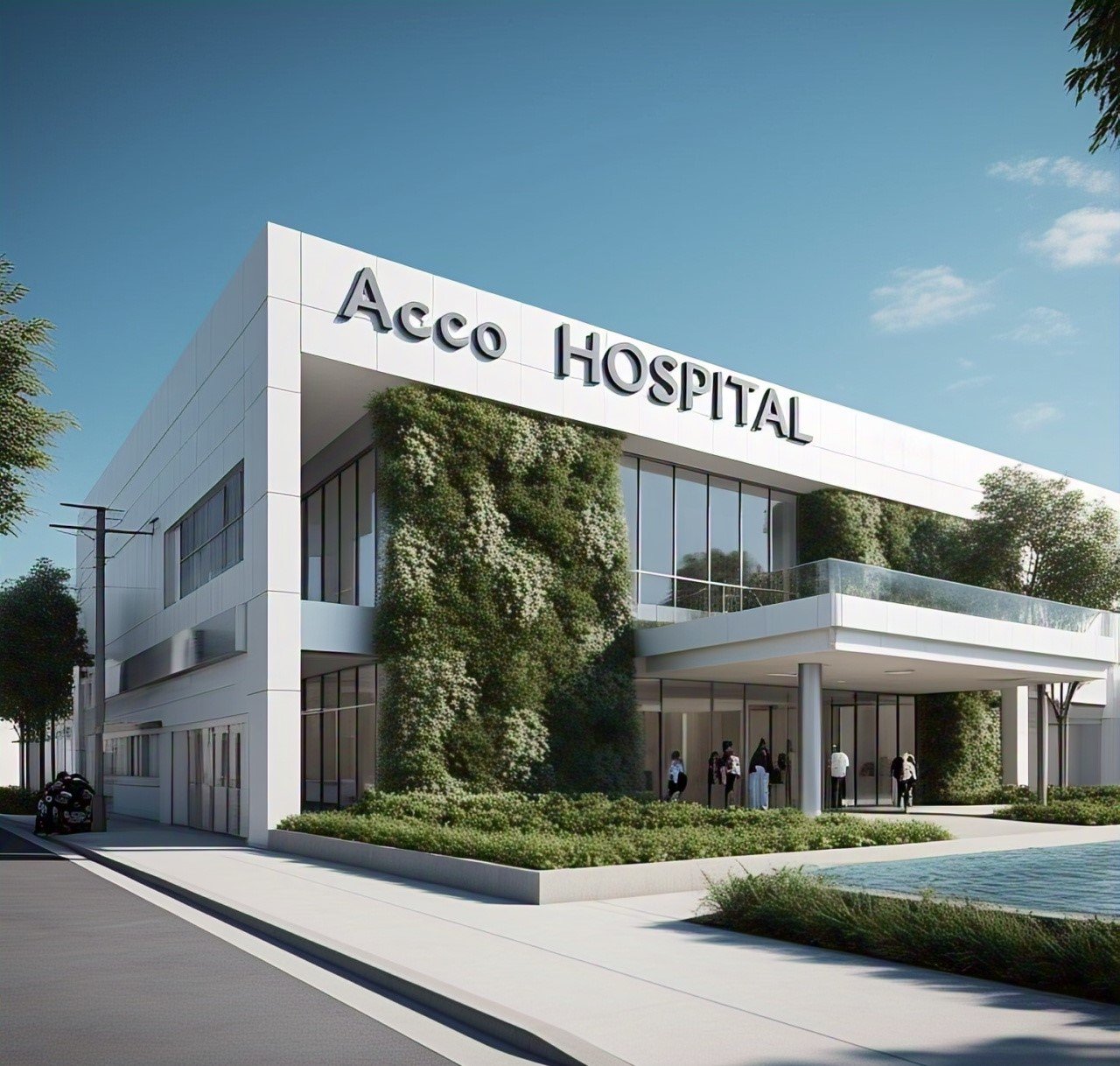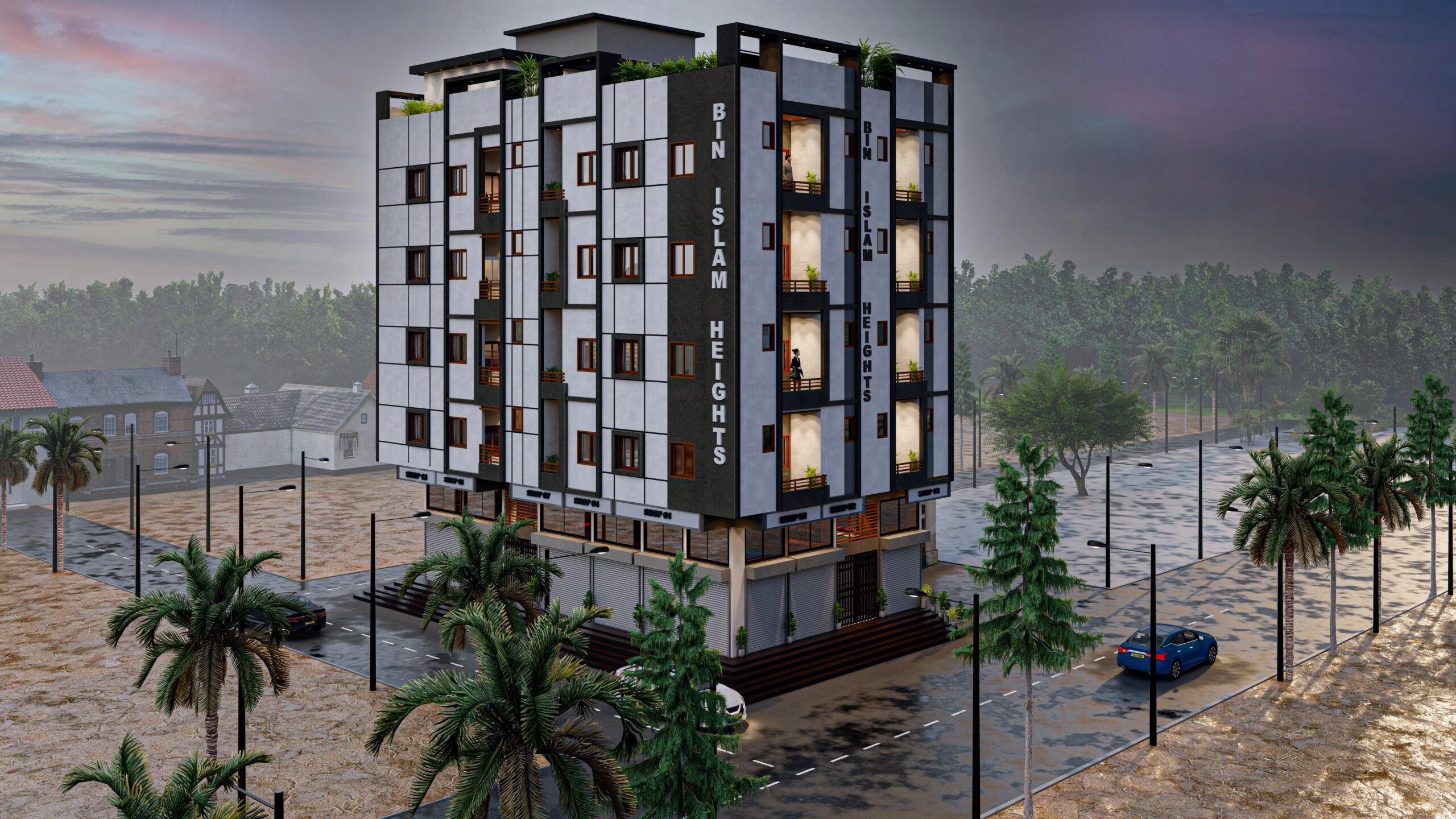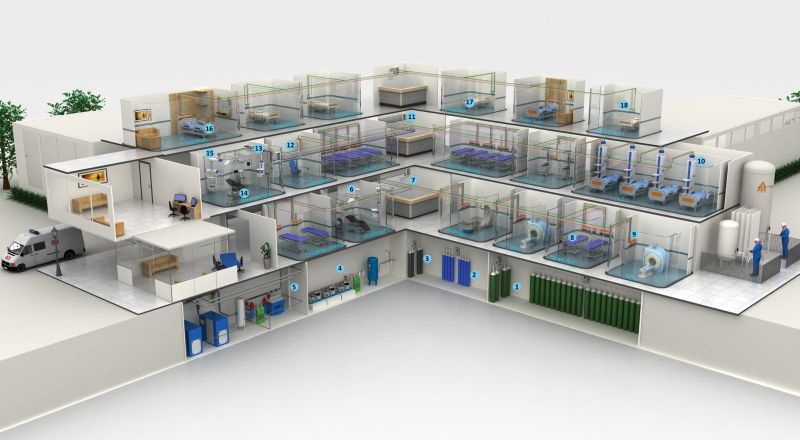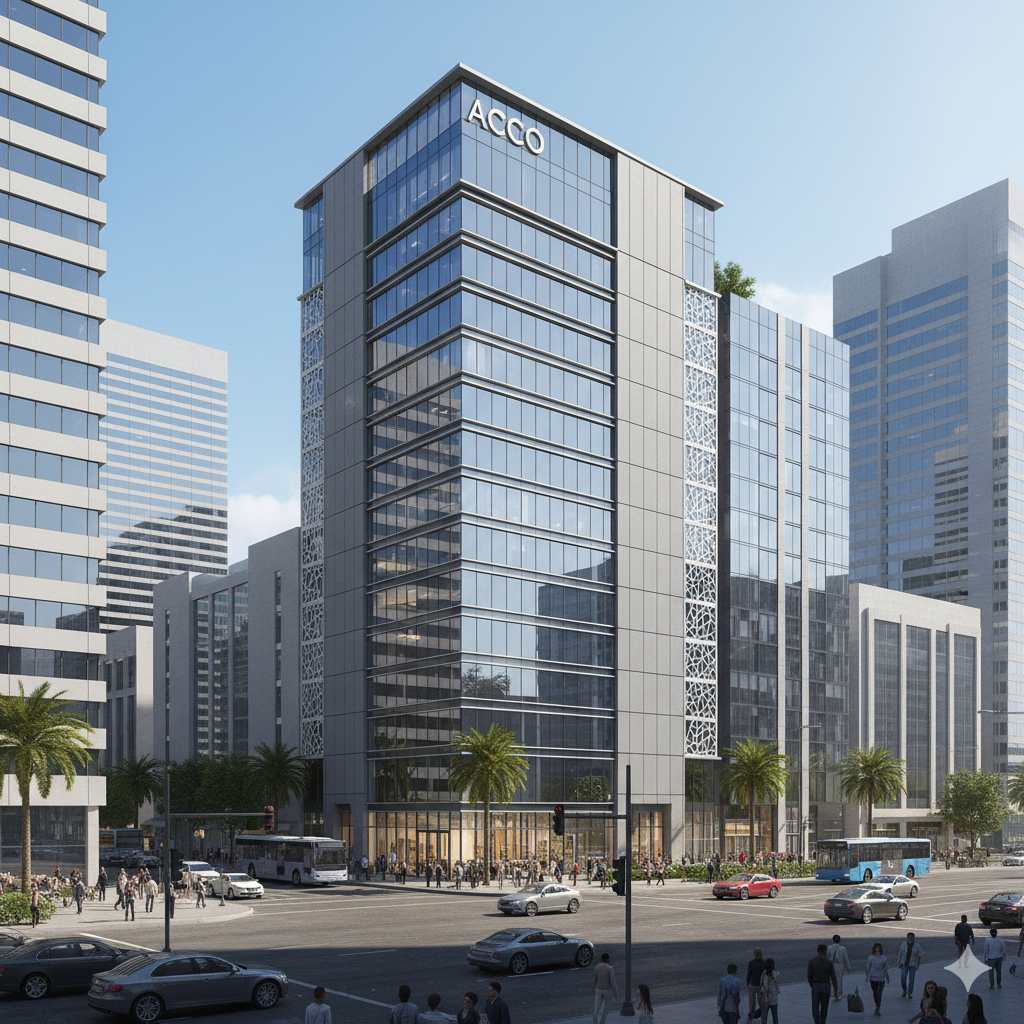
Hospital Building Design & Construction Services in Pakistan
Introduction
Hospital buildings in Pakistan require advanced design and construction methodologies to ensure optimal patient care, safety, and operational efficiency. Integrating modern technologies and sustainable practices is key to developing world-class healthcare facilities.
Key Aspects of Hospital Building Design
Patient Safety & Comfort
Ensuring hygiene, infection control, and efficient layouts that enhance the patient experience.
Accessibility & Inclusivity
Hospitals should cater to individuals with disabilities by integrating ramps, elevators, and clear signage.
Technological Integration
Adopting AI, IoT, and telemedicine solutions for improved patient management and hospital automation.
Sustainability & Eco-Friendly Construction
Green hospital designs incorporating renewable energy, water recycling, and non-toxic materials reduce environmental impact.
Planning & Site Selection
Urban vs. Rural Locations
Urban hospitals require high-capacity facilities, while rural hospitals must be efficiently designed for accessibility and essential services.
Space Optimization & Expansion Plans
Layouts should allow for future expansion and changing healthcare needs.
Regulatory Approvals & Compliance
Navigating Pakistan’s health and safety regulations ensures smooth project execution.
Structural Considerations for Hospitals
Seismic Safety & Fire Prevention
Earthquake-resistant structures and fire safety measures are critical in hospital construction.
Efficient Layouts for Patient Flow
Designs should minimize patient movement while optimizing healthcare workflows.
Sustainable & Green Hospital Design
Energy Efficiency
Utilizing solar panels, LED lighting, and smart HVAC systems reduces operational costs.
Water Conservation Techniques
Rainwater harvesting and efficient plumbing reduce hospital water consumption.
Use of Eco-Friendly Building Materials
Sustainable materials improve hospital air quality and durability.
Integration of Smart Healthcare Technologies
AI & IoT-Enabled Infrastructure
Automated patient tracking, diagnostics, and hospital management improve efficiency.
Telemedicine & Remote Patient Care
Enhancing healthcare accessibility, particularly in rural regions.
Automated Hospital Management Systems
Digital record-keeping and AI-powered scheduling optimize hospital operations.
Regulatory Compliance & Healthcare Standards
Pakistan’s Building Codes & Healthcare Laws
Strict compliance with local construction regulations ensures safe hospital infrastructure.
WHO & NABH Accreditation Standards
Following international safety guidelines improves hospital credibility and patient trust.
Challenges in Hospital Construction in Pakistan
Cost Management & Budget Constraints
Balancing affordability with quality and modern technology integration.
Skilled Workforce Shortages
Lack of specialized hospital architects and healthcare planners poses challenges.
Bureaucratic & Approval Hurdles
Navigating lengthy approval processes can delay hospital projects.
Case Studies of Successful Hospital Projects
Reviewing leading hospitals in Pakistan reveals insights into best practices, efficient designs, and modern healthcare solutions.
Future Trends in Hospital Architecture & Construction
Modular & Prefabricated Hospital Buildings
Prefabrication speeds up hospital construction while ensuring quality.
AI-Driven Hospital Planning & Design
Artificial intelligence enhances hospital efficiency, from layout planning to patient monitoring.
Smart Healthcare Infrastructure
IoT-enabled hospitals improve patient care, automation, and operational efficiency.
Frequently Asked Questions (FAQs)
1. What factors should be considered in hospital building design?
Patient safety, accessibility, sustainability, and advanced medical technology are key considerations.
2. How can hospitals in Pakistan become more sustainable?
Utilizing renewable energy, water-saving techniques, and eco-friendly materials ensures sustainability.
3. What are the biggest challenges in hospital construction in Pakistan?
Regulatory compliance, budget constraints, and a shortage of skilled professionals are major challenges.
4. How does technology improve hospital infrastructure?
AI, IoT, and automation enhance hospital management, patient care, and operational efficiency.
5. What are the future trends in hospital construction?
Modular hospitals, AI-driven planning, and smart healthcare infrastructure are shaping future developments.
6. Why is proper site selection important for hospital construction?
The right location ensures accessibility, efficient patient flow, and space for future expansion.
Conclusion
Hospital building design and construction in Pakistan must prioritize patient-centered care, sustainability, and modern technology. By integrating innovative architectural practices and regulatory compliance, hospitals can enhance healthcare services and improve patient outcomes.




